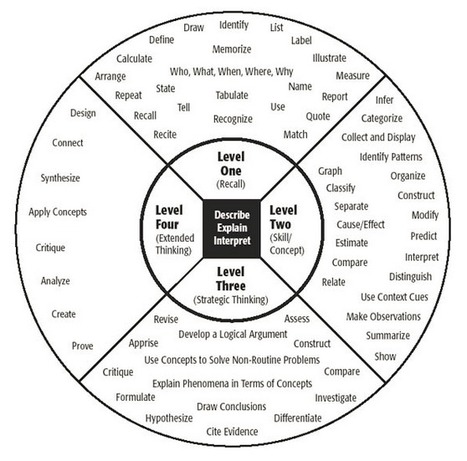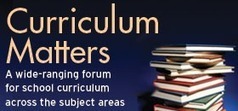"At the end of the day, teaching is about learning, and learning is about understanding.And as technology evolves to empower more diverse and flexible assessments forms, constantly improving our sense of what understanding looks like–during mobile learning, during project-based learning, and in a flipped classroom–can not only improve learning outcomes, but just might be the secret to providing personalized learning for every learner."
Research and publish the best content.
Get Started for FREE
Sign up with Facebook Sign up with X
I don't have a Facebook or a X account
Already have an account: Login
Tech tools that assist all students to be independent learners & teachers to become better teachers
Curated by
Beth Dichter
 Your new post is loading... Your new post is loading...
 Your new post is loading... Your new post is loading...
|

Monica S Mcfeeters's curator insight,
February 4, 2013 12:59 PM
How do you test creativity and innovation using "set" core standards of evaluation? Creativity and innovation require a certain amount of willingness for failure and risk taking. How does training for common core test "standards" assist that higher level goal? |











There are many taxonomies that one may use in education, and this post from TeachThought provides a look at six alternatives. Read the post to learn more about the following taxonomies:
* TeachThought Simple Taxonomy
* Six Facets of Understanding by Wiggins and McTighe
* Marzano and Kendall's New Taxonomy
* A Taxonomy of Significant Learning by Dr. L. Dee Fink
* Depth of Knowledge by Norman L. Webb
Based on publications from CRESTT that discuss the testing being designed by PARCC and Smarter Balanced (the two consortiums designing tests for Common Core) it is worth checking out the Depth of Knowledge since the tests are based on the four levels in this taxonomy.